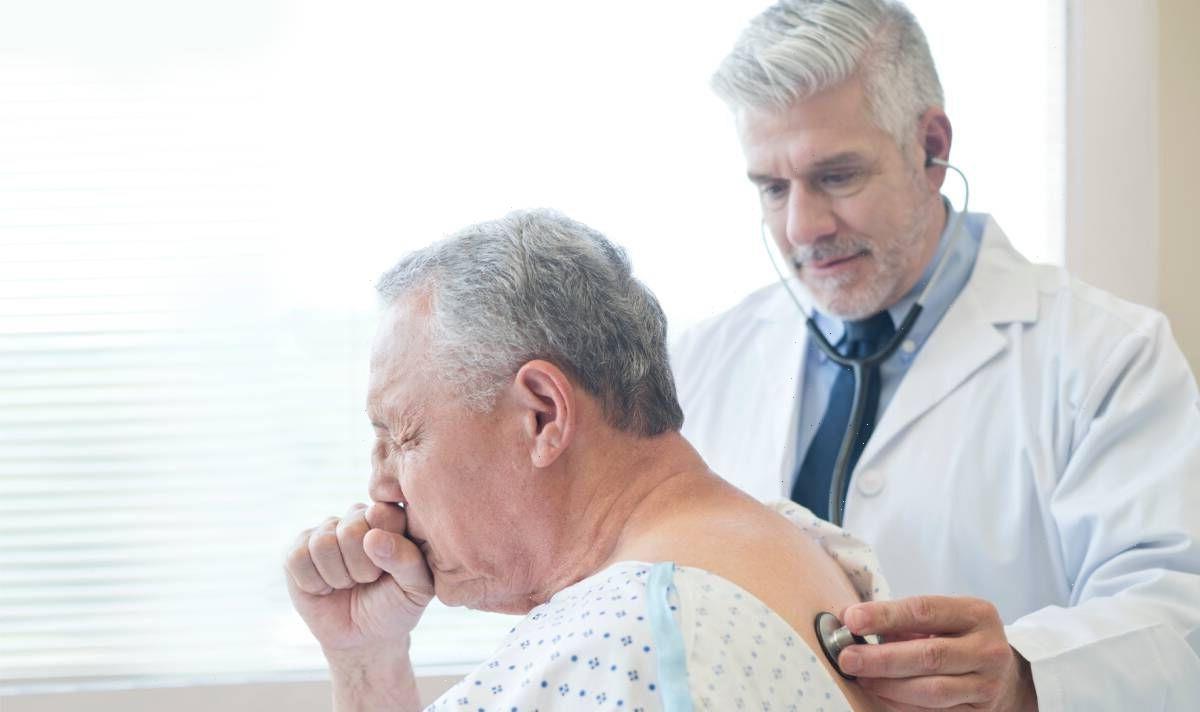We use your sign-up to provide content in ways you’ve consented to and to improve our understanding of you. This may include adverts from us and 3rd parties based on our understanding. You can unsubscribe at any time. More info
The charity warns that any delay in diagnosis could be fatal. Figures show that nine in 10 bowel cancer patients diagnosed early at stage one survive for at least five years.
But the survival rate plummets to just one in 10 when diagnosed late at stage four.
The survey of 2,500 people found those from deprived backgrounds were less likely to be successful when trying to make a GP appointment.
Researchers found that 74 percent of the less affluent were able to see a doctor, compared to 81 percent of the more affluent.
The poorest were also less likely to return to their GP if cancer symptoms persist, at 48 percent compared to 60 per cent.
Cancer Research UK’s chief executive Michelle Mitchell said: “Spotting cancer early is vital if more people are to survive – and the first step in that process is getting help for a possible cancer symptom.
“It’s worrying to see such a large gap in accessing services between the most and least deprived groups.
“Earlier this year, the Government announced among its top priorities were improving early diagnosis of cancer and tackling health disparities.”
“Cancer must remain a top priority and with the upcoming Health Disparities White Paper and 10-Year Plan for England, the new Health and Social Care Secretary has a huge opportunity to transform cancer survival with a strong plan for all.”
Around 30,000 cases of cancer per year in the UK are linked to socioeconomic deprivation, the charity said.
Smoking rates are 2.5 times higher and obesity rates 60 percent greater in more deprived groups.
Professor Katriina Whitaker, an expert for Cancer Research UK, said: “People from lower socioeconomic backgrounds are more likely to face barriers at every stage of cancer care.”
“But the first step of getting to the doctor can seem the hardest. Campaigns promoting symptom awareness and the importance of diagnosing cancer early are great ways to start conversations that lead people or their loved ones to take action.”
“Where necessary, it’s important to target groups who are less likely to recognise cancer symptoms.”
“The message from government during the pandemic was to stay at home.”
“But now, if something doesn’t feel right, people should speak to their doctor.”
Source: Read Full Article

